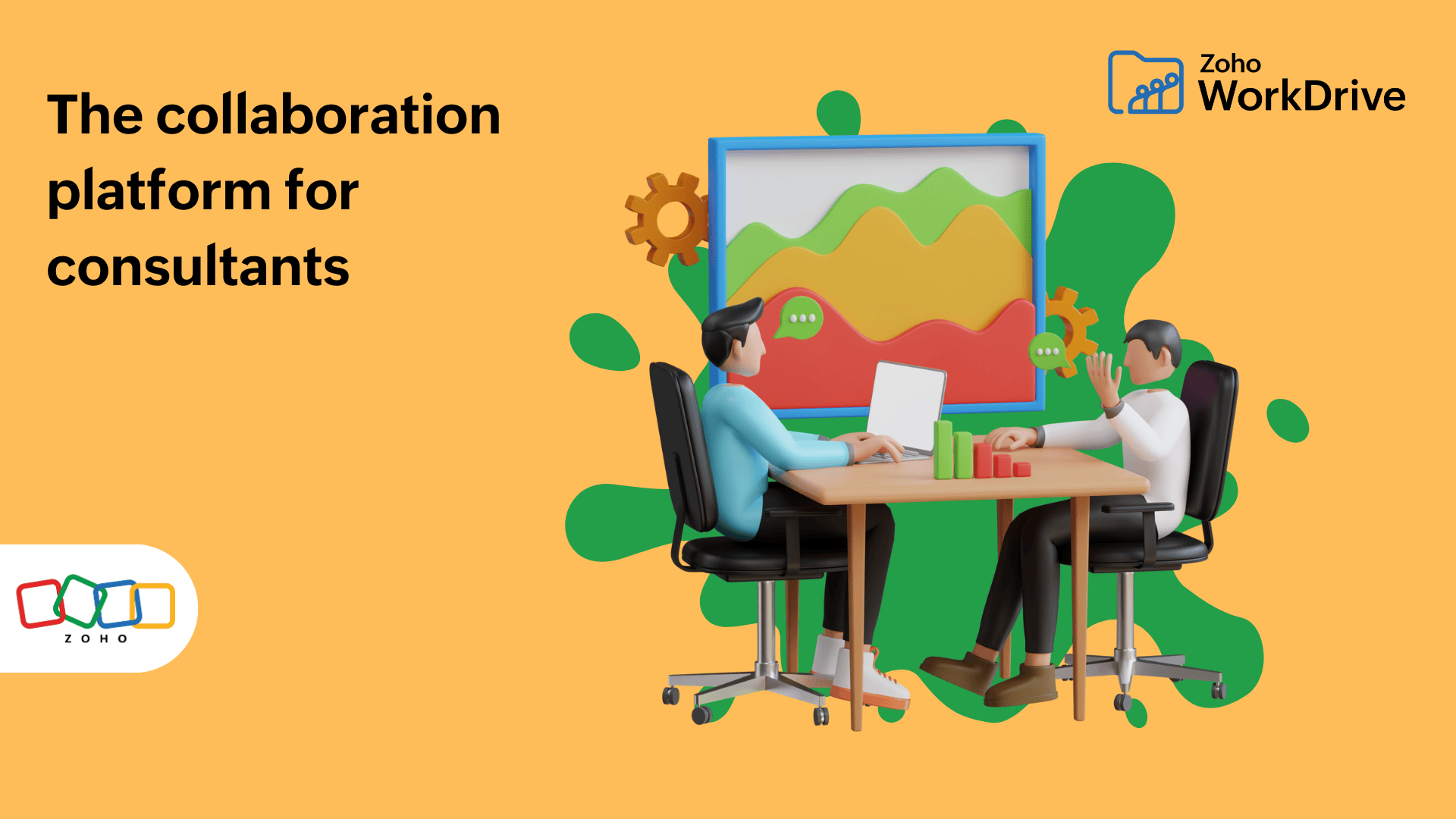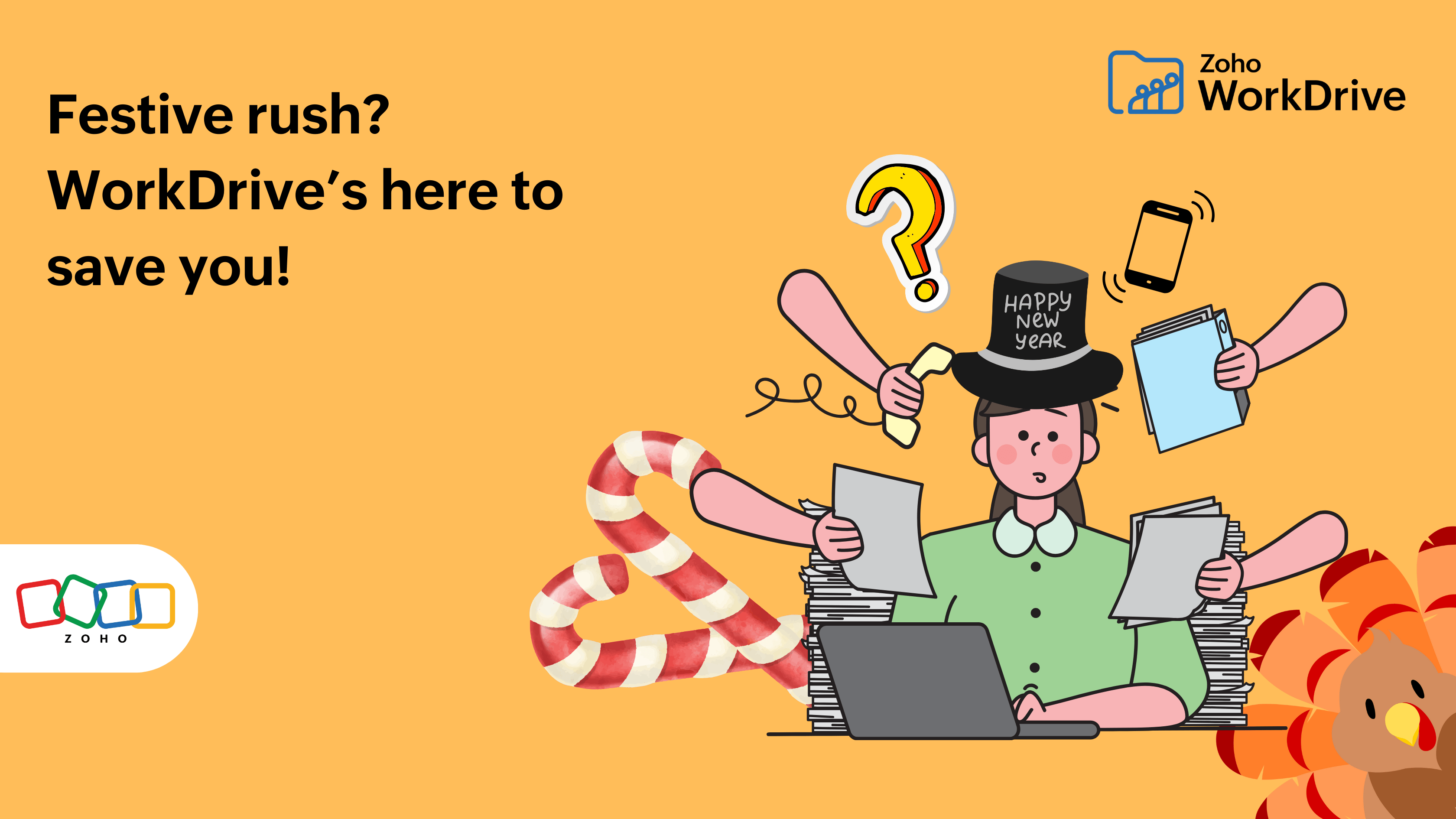- HOME
- Work Culture
- Demystifying misconceptions: An in-depth look at document management systems
Demystifying misconceptions: An in-depth look at document management systems
- Last Updated : December 15, 2023
- 750 Views
- 3 Min Read

In the information age, documents are crucial assets that keeps businesses and enterprises running. But large stacks of physical documents can be difficult to manage. With the advancement of technology and the advent of document management systems (DMS), storing, organizing, editing, and sharing documents has become easier.
DMS software keeps track of your valuable paperwork, while saving the physical space normally needed for document storage. Despite the technological developments, and the transition into digital record keeping, there is still a cloud of doubt over the feasibility of DMS software.
This blog speaks about four common misconceptions related to document management systems, and sheds light on the reality.
1.DMS is costlier than conventional record keeping
Consider the situation where an enterprise chooses to adopt physical documentation over a digital repository. They will end up spending money on paper, printers, toner, other office supplies, and above all, the maintenance of electronic equipment. If you compare these expenditures with the cost of buying a DMS, the latter is significantly cheaper.
The cost of buying a DMS can be reduced further if you clearly know what you intend to do with it. You can then choose the best pricing plan for your requirements.
2. Eliminating physical documents is risky
Many people have doubts about a document management system's reliability. This is why modern data centers come with enterprise-grade security. Most of them have their own data centers that are equipped with state-of-the-art fire security systems and 24/7 surveillance. This ensures constant protection against both physical and digital threats to data centers.
3. DMS, storage constraints, and the hidden cost of expansion
One big misconception about document management systems centers around the storage they provide. Users generally think that additional payments have to be made to expand storage availability. Although this is true to a certain extent, it is not the complete reality. In fact, comparing the features offered by various DMS providers and selecting the provider that best meets the business' needs benefits the user in two ways. First, the user avoids spending money on redundant features. Second, the money saved can be used to expand the available storage space.
4. Cloud-based storage systems are not secure
Leading cloud service providers maintain a constant effort to optimize their security with the latest technology. However, top-tier security requires efforts from both the user and the service provider. The service provider protects the data it stores with advanced encryption, both at rest and in transit, and has a backup strategy in place. Meanwhile, the user can implement security measures, like multi-factor authentication, and follow security best practices to keep their data safe.
In fact, the data stored on a local device is more vulnerable to attacks than data stored in the cloud. This is because the cloud is constantly updated to keep pace with industry standards and security compliance regulations.
End note
Migrating to digital document management for the first time might seem like a difficult task. But it can be a much smoother process if you chose an effective document management solution that provides assistance at each step of the transition. Taking the time to learn about and fully understand your DMS will help to clear away any confusion and improve the efficiency of operations.










